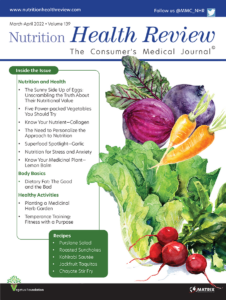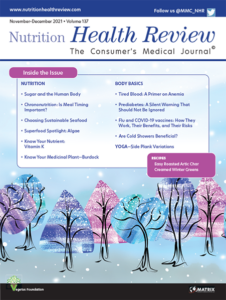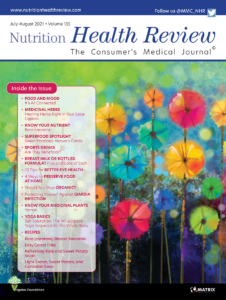
By Sarabeth Lowe, MPH Ms. Lowe is a Communication Specialist at the University of Delaware Disaster Research Center. I am pleased to announce a new column in the Nutrition Health Review, Health Literacy Highlights. Each issue, I will cover a new topic related to finding, understanding, and using health information.

Psoriasis is a chronic condition where the immune system becomes overactive, causing skin cells to multiply too rapidly. This accelerated cell turnover results in the development of thick, scaly patches that can become inflamed, itchy, and sometimes painful. Psoriasis most commonly appears on areas such as the scalp, elbows, and

Air pollution refers to the presence of harmful contaminants in the atmosphere, such as dust, fumes, gases, mists, odors, smoke, or vapors, that pose a risk to human health. Inhaling these pollutants can cause damage to various organs, including the lungs, heart, and brain. Short-term exposure can impair lung

Alcohol consumption has been classified as a Grade 1 carcinogen by the International Agency for Research on Cancer (IARC; part of the World Health Organization), which is the most severe designation. Additionally, ethanol, an ingredient common to alcoholic beverages, and acetaldehyde, which is the product of alcohol metabolism, are Grade

By Sarabeth Lowe, MPH Ms. Lowe is a Communication Specialist at the University of Delaware Disaster Research Center. America has been hooked on dieting for more than 100 years.1 Its legacy is evident across our culture. The media has long-depicted slender bodies as the ideal shape and size. Influencers peddle

By Sarabeth Lowe, MPH Ms. Lowe is a Communication Specialist at the University of Delaware Disaster Research Center. The benefits of fluoride (pronounced floor-eyed) were established nearly a century ago when scientists discovered that children who consumed naturally fluoridated water had fewer cavities.1,2 What started as a simple observation set

In honor of Glaucoma Awareness Month, which took place in January, this article highlights the importance of early detection, treatment options, and risk factors associated with glaucoma. What is Glaucoma? Glaucoma occurs when dysfunction of the natural fluid draining process of the eye leads to fluid buildup and subsequent pressure

Traditionally, community-supported agriculture (CSA) is a system wherein individuals in a community pledge to support a local farm financially and, for some groups, by helping out on the farm; these shareholders then receive shares of the farm’s goods during the growing season and also share in the risks of crop
Exercise
Nutrition
Body Basics
Recipes
Healthy Activities
Access the Latest Digital Edition Here
About Nutrition Health Review & The Vegetus Foundation
The Vegetus Foundation was founded by Frank Ray Rifkin, a former member of United States Army and serviceman in World War II, as a charitable endeavor dedicated to helping Americans improve their quality of life through education on healthy living. In 1979, shortly after the starting Foundation, Frank Ray published the first issue of Nutrition Health Review—the Consumer’s Medical Journal® (NHR)—to assist the Vegetus Foundation in achieving its mission. Since that time, over 150 issues of NHR have been published.
Sign up for NHR’s FREE Email Newsletter!
Get the latest news updates on preventative nutrition and holistic healthcare, including recipes, exercise, healthy lifestyle tips, maintaining mental wellness, and more!








